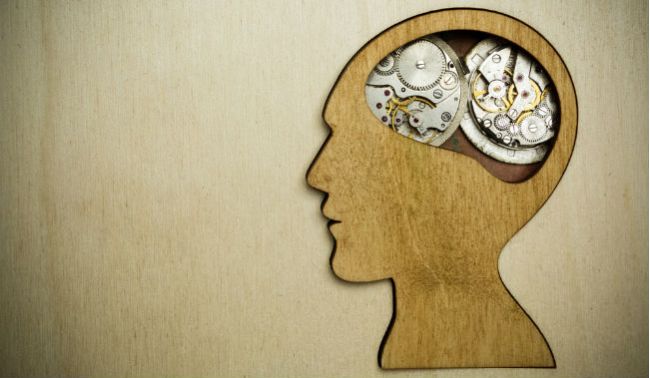
Scientists researching circadian rhythms and the brain’s internal clock have stumbled on a fascinating, if morbid discovery. It turns out that when you die, your brain logs a timestamp of sorts for your passing.
Researchers at the University of Pittsburgh, following up on a 2013 study, looked at the gene expressions of 146 donated brains. They were looking to peer review the study and also compare younger brains to older ones in gene expression. It turns out our bodies have internal clocks more complicated than we ever knew, and that as we age, different genes begin expressing themselves more often. Essentially, as we get older, our current clock wears down and the body puts together a new one.
Interestingly, those with “backup” clocks fared better mentally than people without them as they aged. But, consistently, each brain’s gene expression lined up consistently with other brains in that same cohort in terms of time of death. The only exception would be for sufferers of major depression; intriguingly, their brains were on entirely different circadian rhythms, locked on time around the world instead of where they lived.
What this means for major depression is a good question; not even the researchers developing it are willing to commit to a specific interpretation just yet. Nor is it clear whether these are the only genes involved in regulating our internal clocks. But it indicates that we indeed have an internal rhythm, and it leaves behind evidence even after we pass on.
(via the New York Times)






